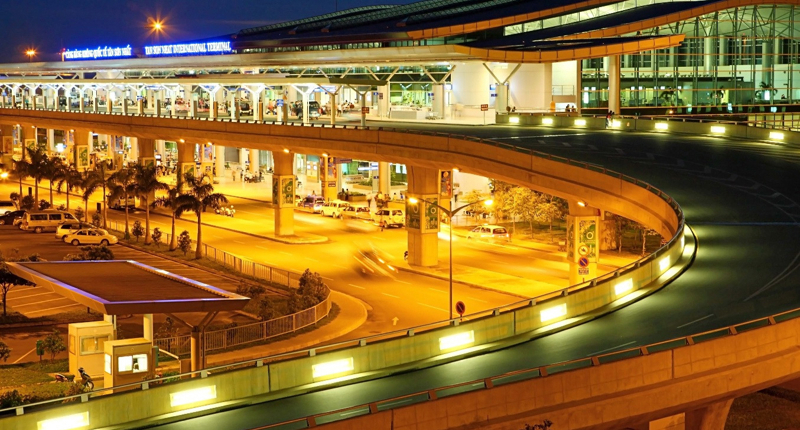The Ministry of Construction (MoC) has issued an official dispatch to the Airports Corporation of Vietnam (ACV), requesting a comprehensive study on the feasibility of developing solar energy systems across the country’s airport network.
According to the MoC, Vietnam currently lacks a standardized regulatory framework for the design, installation, commissioning, and maintenance of solar power systems at airports and airfields.
To address this gap, the ministry has tasked ACV with researching international standards, regulations, and best practices, and proposing a detailed legal and technical plan to guide future solar energy projects at airports.
In addition, ACV has been asked to assess the safety and operational impacts of rooftop solar panel installations, particularly in relation to air traffic control and flight operations, drawing on both global experience and domestic case studies.
This directive follows ACV’s earlier proposal to the ministry and the Civil Aviation Authority of Vietnam (CAAV), seeking approval for solar energy investments at several major airports. The proposed sites include Tan Son Nhat, Noi Bai, Da Nang, Cat Bi, Phu Bai, Cam Ranh, Phu Quoc, and Long Thanh (currently under construction).
An ACV representative affirmed the technical feasibility of rooftop solar installations, citing internal assessments that show no adverse effects on aviation safety or operations.
The initiative is expected to reduce electricity costs, lower roof temperatures, and contribute to building efficiency. The representative also emphasized that expanding renewable energy at airports is both necessary and urgent, given current energy demands and sustainability goals.









 Google translate
Google translate